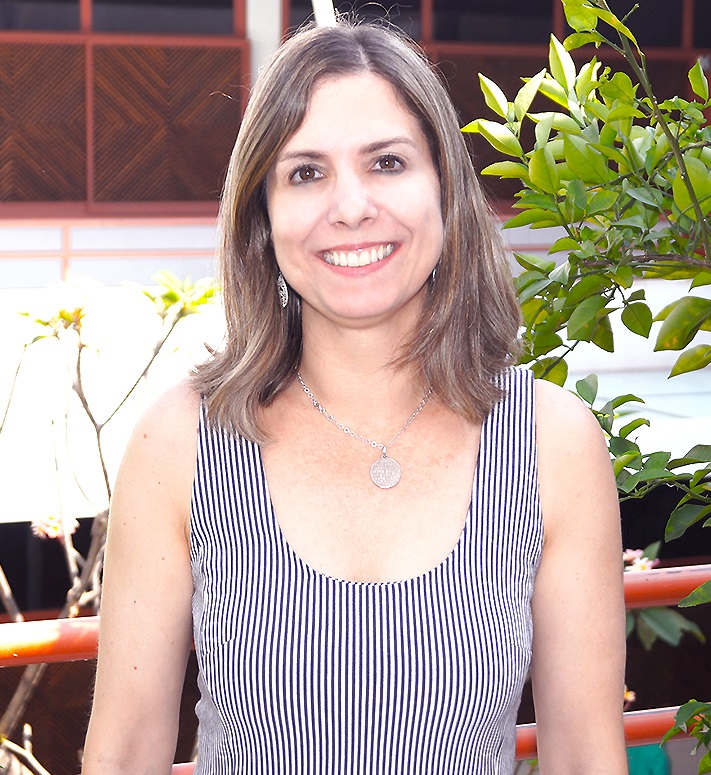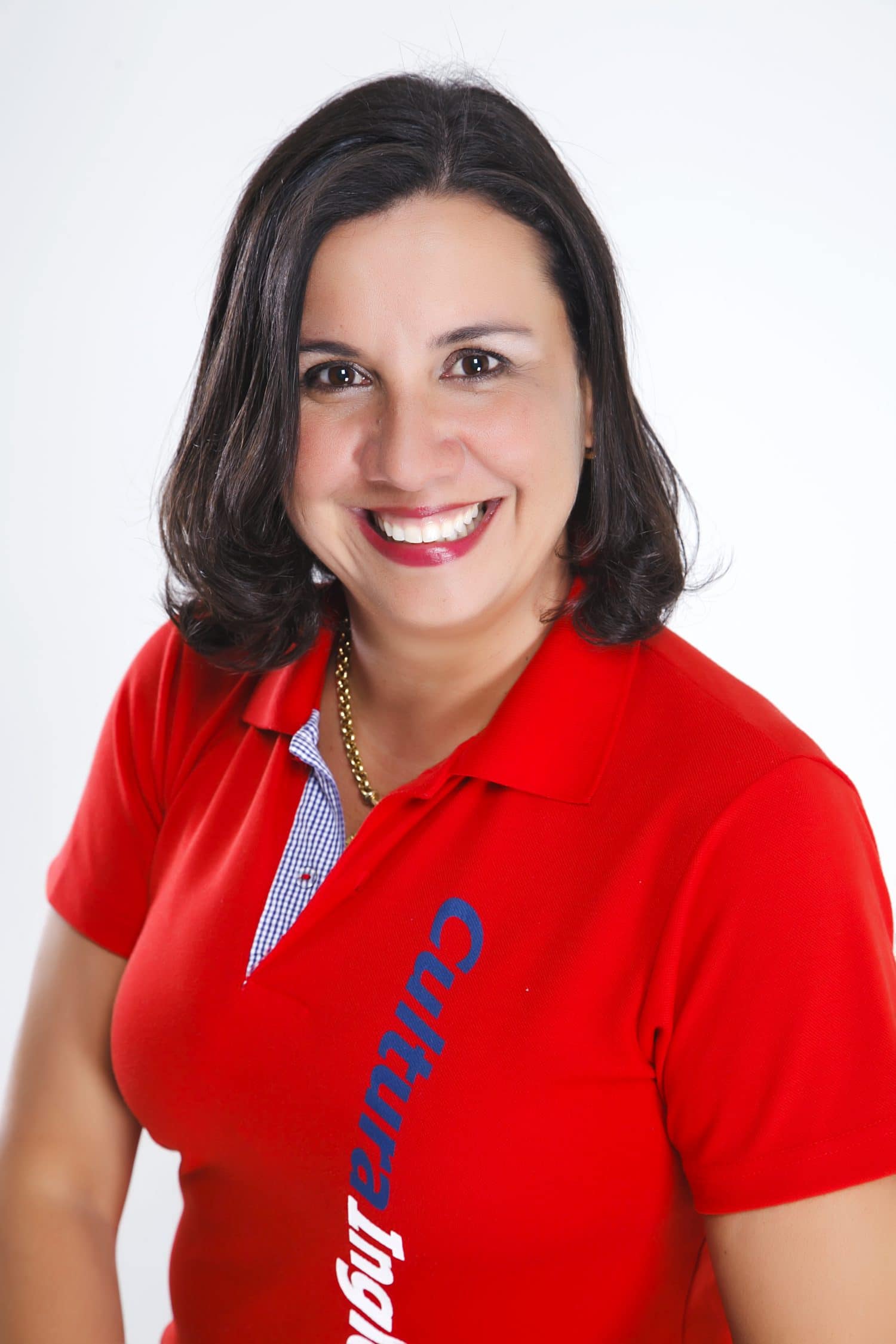Are there “weak” students?
In my last post, I referred to Carol Dweck’s book Mindset – How you can Fulfill Your Potential to invite teachers to focus on a growth mindset in 2015 and stay away from ideas and practices that only help perpetuate a fixed mindset. My focus last month, thus, was on teachers themselves and how their mindset affects their professional growth. This month I’m going to focus on how students’ growth can be helped or hindered by teachers’ mindset, also drawing from ideas in Dweck’s inspiring book.
There’s a certain statement that I hear more frequently than desired and have certainly used at one point or another in my career and that has been bothering me more and more lately – “He’s a weak student” (or as we say in Portuguese, “Ele é fraquinho”). What’s worse is that I sometimes hear teachers say this about students in beginning classes!
Unless the student is “weak” physically speaking, meaning “not strong”, I suggest we stop and think about what using this idea of “weakness” to talk about our students actually tells about how we see learning in general and learning a foreign language in particular, as well as what mindset this thought represents.
Image courtesy of freedigitalphotos.net
First of all, when we separate students into weak and strong or good and bad, we are accepting the premise that students always learn what we teach them, and if they don’t, it’s always their fault – I teach the lesson and the students have to learn it. Those who do are good students; those who don’t are bad ones. Yes, it’s generally true that students who make a greater effort are usually successful and those who make little or no effort aren’t. But it’s not always that simple. Maybe a student has made a lot of effort but hasn’t succeeded because they made the wrong effort, or used the wrong strategy. Or maybe a student who has succeeded hasn’t made any effort at all; they already knew the content. And what about us, teachers? Maybe we didn’t use the right approach, strategies, or techniques to teach our students, to reach everyone!
Second, hopefully all of us, EFL teachers, have studied second language acquisition and know that it is by no means a linear process. We know that certain language items are acquired sooner than others and that there are a number of factors that may influence second language acquisition – native language, educational background, individual characteristics, attitude towards native speakers, aptitude, motivation, to name only a few! This knowledge of SLA alone disallows us to talk about students as “weak”. We can say that a student is having difficulty with certain phonemes, that it’s taking the student some time to eliminate certain L1 interferences, that the student is using a very narrow range of vocabulary, that the student needs to work further on inversion for questions, that the student needs more fluency-oriented practice, that the student needs to develop a greater tolerance of ambiguity to deal with the differences between his L1 and the L2, etc. These are concrete aspects that we can put our finger on and thus help our students overcome. “Weak” is vague and judgmental.
Last and most importantly, when we say students are weak, we are adhering to the fixed mindset, the judging mindset. “When teachers are judging them, students will sabotage the teacher by not trying. But when students understand that school is for them – a way for them to grow their minds – they do not insist on sabotaging themselves.” (Dweck, 2012, p. 200)
A growth mindset doesn’t allow us to see students as weak. It doesn’t allow us to see them as strong or intelligent, either. These are fixed ideas. A growth mindset doesn’t focus on products, fixed states, but rather, on processes. A student who is described as weak for a fixed-minded teacher is, for the growth-minded one, a student who hasn’t reached the intended outcomes yet but will do so with the proper help and time.
“A growth mindset gives you a way to set high standards and have students reach them,” says Dweck (op cit., p. 211). A growth mindset allows us to focus on our students’ best effort, and when they make their best effort and achieve something, even if it’s not as high as other students’ achievements, they are recognized and praised.
Does that mean they can stop where they are? No! The intention is not to reassure students that they’re fine as they are. “Growth-minded teachers tell students the truth and then give them the tools to close the gap. “ (Dweck, 2012, p.199). “Great teachers set high standards for their students, not just the ones who are already achieving.” (ibid, p.196)
Reference:
Dweck, C. S. (2012). Mindset: How You Can Fulfill Your Potential. Constable & Robinson Limited. Kindle iPad version.





